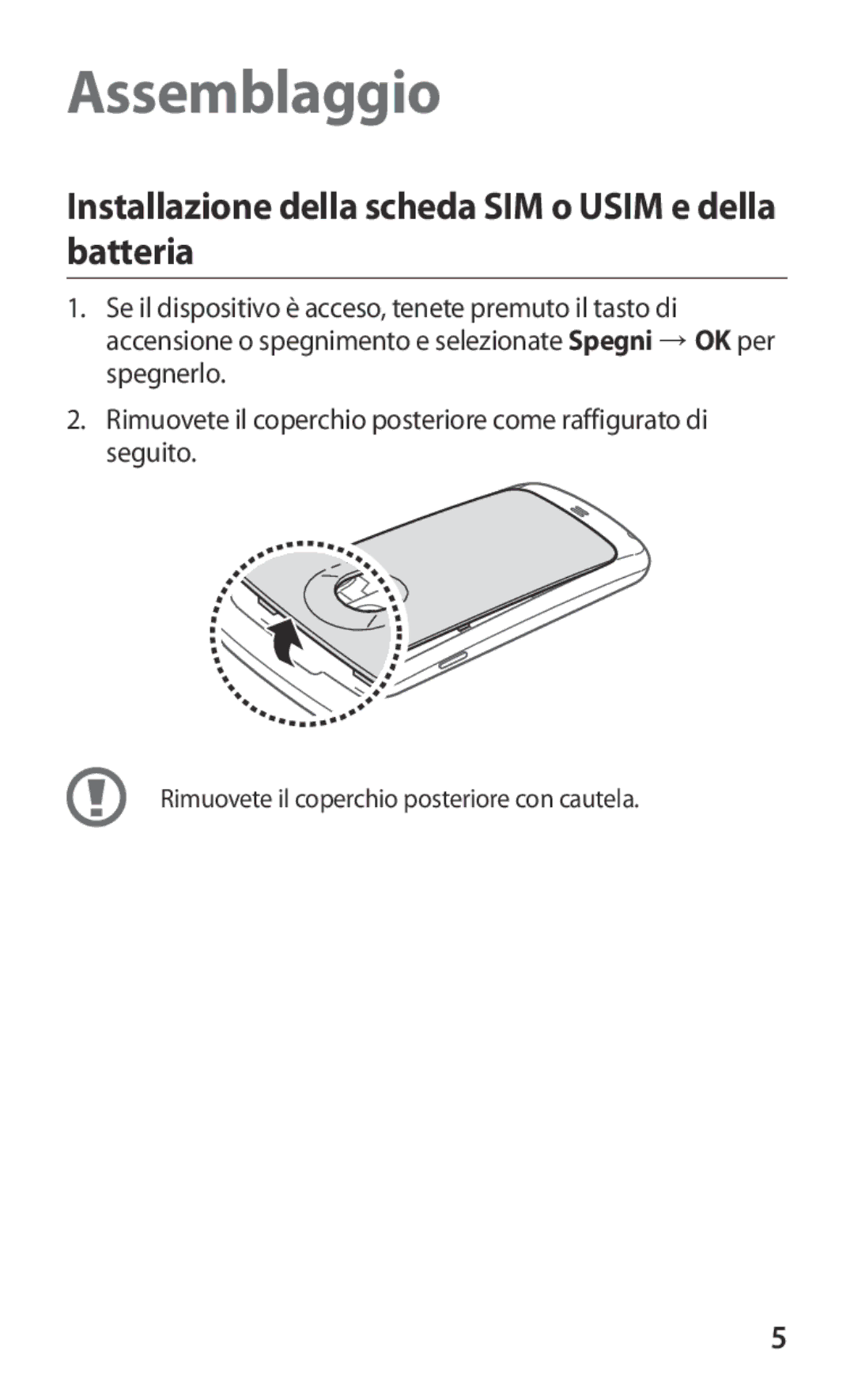GT-I9250TSATIM, GT-I9250TSAITV, GT-I9250CWAOMN, GT-I9250CWAITV, GT-I9250CWATIM specifications
The Samsung GT-I9250 series, especially known for the Galaxy Nexus, was a flagship smartphone that introduced several enhancements in mobile technology at the time. The variants GT-I9250TSAOMN, GT-I9250TSAHUI, GT-I9250CWAHUI, GT-I9250CWATIM, and GT-I9250CWAITV stand out due to their robust configurations and user-centric features.One of the main characteristics of the Galaxy Nexus is its elegant design. With a curved display and a plastic body that was both lightweight and durable, the smartphone offered excellent ergonomics. The 4.65-inch Super AMOLED display provided vivid colors and deep blacks, which made it perfect for media consumption and gaming.
In terms of performance, the Galaxy Nexus was powered by a dual-core 1.2 GHz Cortex-A9 processor paired with 1 GB of RAM. This combination allowed for smooth multitasking and efficient operation of apps. The device ran on Android 4.0 Ice Cream Sandwich, making it one of the first smartphones to feature a new user interface with enhanced capabilities, including advanced notifications and improved multitasking.
The camera system was impressive for its time, featuring a 5 MP rear camera with autofocus and LED flash, and a 1.3 MP front camera that facilitated video calls. Capturing photos in various lighting conditions was made easier with the camera’s ability to produce good quality images in low light.
Connectivity options were a strong point as well, with support for LTE, HSPA+, Bluetooth 3.0, and NFC capabilities. The introduction of NFC allowed users to make mobile payments and share data seamlessly. The device also included ample storage options, available in either 16 GB or 32 GB variants, although it lacked expandable storage via microSD.
Battery life was handled by a 1750 mAh battery, which, alongside efficient power management features of Android, provided a satisfactory performance throughout the day under moderate usage conditions.
Overall, the Samsung GT-I9250 series represented a significant leap forward in smartphone technology at its launch, blending style and functionality to meet the demands of tech-savvy users. Its pioneering features, connected capabilities, and reliable hardware provided a strong foundation for subsequent Samsung devices, solidifying its place in smartphone history.

